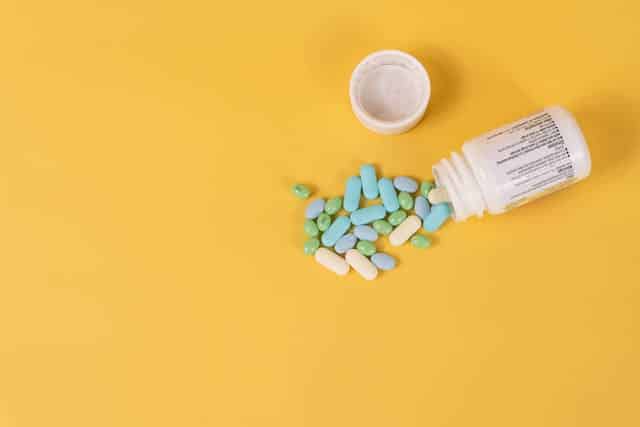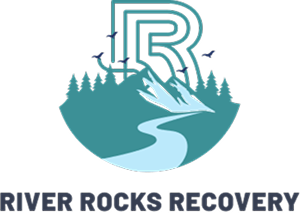Millions of people take prescription medications every day for various health conditions, including pain relief, anxiety, depression, and sleep disorders. While these medications can be highly effective when used correctly, mixing them with alcohol can be dangerous—even deadly. Unfortunately, many people underestimate the risks of combining prescription drugs with alcohol, leading to severe side effects, overdose, or long-term health complications.
At River Rocks Recovery, we understand the dangers of prescription drug and alcohol misuse and help individuals struggling with substance use disorders regain control through our comprehensive addiction treatment programs, including:
- Addiction Treatment Program
- Partial Hospitalization Program (PHP)
- Intensive Outpatient Program (IOP)
- Outpatient Program (OP)
- Sober Living Program
If you or a loved one is combining alcohol with prescription medications, it is essential to understand the serious risks involved and seek professional support if needed.
Why Is Mixing Prescription Drugs with Alcohol So Dangerous?
Alcohol is a central nervous system (CNS) depressant, meaning it slows down brain activity, breathing, and heart rate. Many prescription drugs also affect the CNS, and when combined with alcohol, the effects can be intensified, leading to:
1. Increased Risk of Overdose
- Alcohol and many prescription drugs—especially opioids, benzodiazepines, and sleep aids—suppress breathing.
- Taking these substances together can lead to respiratory depression, meaning breathing becomes dangerously slow or stops altogether, resulting in overdose and death.
- Even small amounts of alcohol can heighten the sedative effects of certain medications, increasing the risk of losing consciousness or slipping into a coma.
2. Severe Liver and Kidney Damage
- Both alcohol and many prescription medications are processed by the liver.
- Combining alcohol with painkillers, antidepressants, or antibiotics can overload the liver, leading to toxic buildup, liver failure, or permanent organ damage.
- Heavy drinking while taking medications like acetaminophen (Tylenol) or statins (cholesterol medications) can increase the risk of liver toxicity.
3. Worsening of Mental Health Symptoms
- Alcohol can interfere with antidepressants, mood stabilizers, and anxiety medications, making them less effective.
- Instead of improving mental health, mixing alcohol with prescription medications can worsen symptoms, leading to:
- Increased depression and anxiety
- Severe mood swings
- Suicidal thoughts
- Psychotic episodes in individuals with bipolar disorder or schizophrenia
4. Loss of Coordination and Judgment
- Many prescription drugs and alcohol impair motor skills, balance, and cognitive function.
- This increases the risk of accidents, falls, and dangerous behaviors such as drunk driving or blackouts.
- The combination can cause slurred speech, dizziness, and extreme drowsiness, making it unsafe to perform daily tasks.
5. Dangerous Drug Interactions
- Alcohol can interfere with how prescription drugs are absorbed and metabolized in the body.
- This means some drugs may become less effective, while others may reach dangerously high levels in the bloodstream, increasing toxicity.
- Even medications that seem harmless, like antibiotics or allergy pills, can lead to severe side effects when combined with alcohol.
The Most Dangerous Drug-Alcohol Combinations
Certain medications pose a higher risk when mixed with alcohol. Some of the most dangerous prescription drugs to mix with alcohol include:
1. Opioid Painkillers (Oxycodone, Hydrocodone, Fentanyl, Morphine)
- Risk: Extreme drowsiness, respiratory depression, overdose, death.
- Why? Both alcohol and opioids suppress breathing, making the risk of overdose extremely high.
2. Benzodiazepines (Xanax, Valium, Ativan, Klonopin)
- Risk: Severe drowsiness, blackouts, overdose, coma.
- Why? Both are CNS depressants, increasing the risk of memory loss, unconsciousness, and fatal overdose.
3. Antidepressants (Prozac, Zoloft, Lexapro, Wellbutrin)
- Risk: Increased depression, suicidal thoughts, high blood pressure.
- Why? Alcohol can counteract the effects of antidepressants, making them less effective or even toxic.
4. Sleep Aids (Ambien, Lunesta, Trazodone, Seroquel)
- Risk: Sleepwalking, hallucinations, overdose, blackouts.
- Why? Alcohol intensifies the sedative effects, increasing the risk of blackouts and dangerous behavior.
5. Stimulants (Adderall, Ritalin, Vyvanse)
- Risk: Increased heart rate, high blood pressure, heart attack, stroke.
- Why? Alcohol can mask the effects of stimulants, causing binge drinking and increasing the risk of alcohol poisoning.
6. Blood Thinners (Warfarin, Xarelto, Eliquis)
- Risk: Internal bleeding, stroke, hemorrhage.
- Why? Alcohol thins the blood, increasing the risk of excessive bleeding.
Signs of Prescription Drug and Alcohol Abuse
If you or someone you know is mixing alcohol with prescription drugs, it may be a sign of a substance use disorder. Warning signs include:
- Frequent intoxication from alcohol and medications.
- Doctor shopping to get multiple prescriptions.
- Memory blackouts, confusion, or loss of consciousness.
- Using higher doses of medication than prescribed.
- Drowsiness, dizziness, or trouble staying awake.
- Withdrawal symptoms when not drinking or using medications.
If any of these signs apply to you or a loved one, seeking addiction treatment is essential.
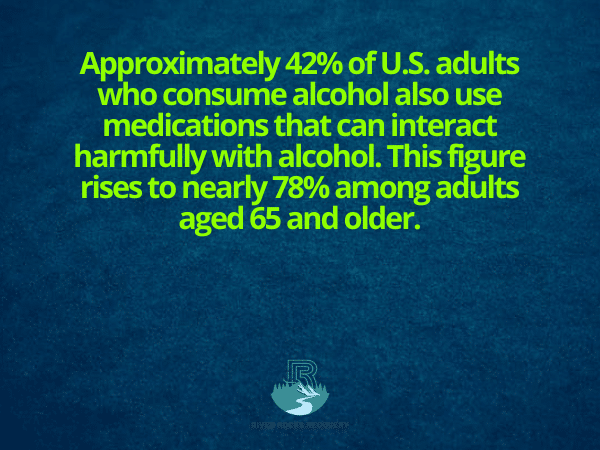
How Addiction Treatment Can Help
Mixing alcohol and prescription drugs is extremely dangerous, but professional help is available. At River Rocks Recovery, we provide specialized treatment programs to help individuals recover from prescription drug and alcohol dependence.
1. Medical Detox and Withdrawal Management
- 24/7 medical supervision to ensure safety.
- Medication-assisted detox to ease withdrawal symptoms.
- Emotional support and relapse prevention planning.
2. Partial Hospitalization Program (PHP)
- Intensive, structured treatment with daily therapy.
- Support for mental health and co-occurring disorders.
- Nutritional and wellness support for long-term recovery.
3. Intensive Outpatient Program (IOP) & Outpatient Program (OP)
- Flexible therapy for individuals transitioning from inpatient care.
- Cognitive-Behavioral Therapy (CBT) to develop coping skills.
- Ongoing relapse prevention and aftercare planning.
4. Sober Living Program
- Safe, structured housing for individuals in early recovery.
- Accountability and community support.
- Healthy lifestyle development for long-term sobriety.
Conclusion
Mixing prescription drugs with alcohol is not just risky—it can be deadly. If you or someone you love is struggling with substance misuse, the time to seek help is now.
At River Rocks Recovery, we provide comprehensive, evidence-based addiction treatment to help individuals safely detox, recover, and build a sober, healthy future. Call River Rocks Recovery at 888.905.6281 today to speak with a recovery specialist. Recovery is possible. Take the first step today!
FAQ About Mixing Prescription Drugs with Alcohol
Why is mixing prescription drugs with alcohol dangerous?
Combining alcohol and prescription medications can lead to:
- Increased sedation and drowsiness, leading to blackouts.
- Severe respiratory depression, increasing the risk of overdose.
- Liver and kidney damage, as both substances are metabolized in the liver.
- Impaired judgment and coordination, leading to accidents and injuries.
Which prescription drugs should never be taken with alcohol?
Some of the most dangerous drug-alcohol combinations include:
- Opioids (Oxycodone, Hydrocodone, Fentanyl) – High risk of overdose and respiratory failure.
- Benzodiazepines (Xanax, Valium, Ativan) – Increased sedation, memory loss, and overdose risk.
- Antidepressants (Zoloft, Prozac, Wellbutrin) – Increased depression and suicidal thoughts.
- Sleep aids (Ambien, Lunesta, Trazodone) – Risk of blackouts, hallucinations, and sleepwalking.
- Stimulants (Adderall, Ritalin, Vyvanse) – Increased heart rate, high blood pressure, and alcohol poisoning risk.
What are the signs of alcohol and prescription drug misuse?
Warning signs include:
- Taking higher doses than prescribed or running out of medication early.
- Experiencing blackouts or memory loss after drinking.
- Frequent drowsiness, slurred speech, or confusion.
- Withdrawal symptoms when not using alcohol or prescription drugs.
Can alcohol cancel out the effects of prescription drugs?
Yes, alcohol can make some medications less effective or more toxic. For example:
- Antibiotics may not work properly when mixed with alcohol.
- Antidepressants and anti-anxiety medications may become ineffective or cause dangerous side effects.
What should I do if I’ve mixed alcohol with prescription medication?
If you experience severe drowsiness, confusion, vomiting, difficulty breathing, or loss of consciousness, seek medical help immediately. Call 911 or go to the nearest emergency room.
Can addiction treatment help people who mix alcohol and prescription drugs?
Yes. At River Rocks Recovery, we provide specialized addiction treatment programs, including:
- Medical detox for safe withdrawal management.
- Partial Hospitalization Program (PHP) for intensive treatment.
- Intensive Outpatient Program (IOP) for structured therapy.
- Outpatient Program (OP) and Sober Living for long-term recovery support.
